Multi-flowered petunia: what is it and how to grow it correctly?
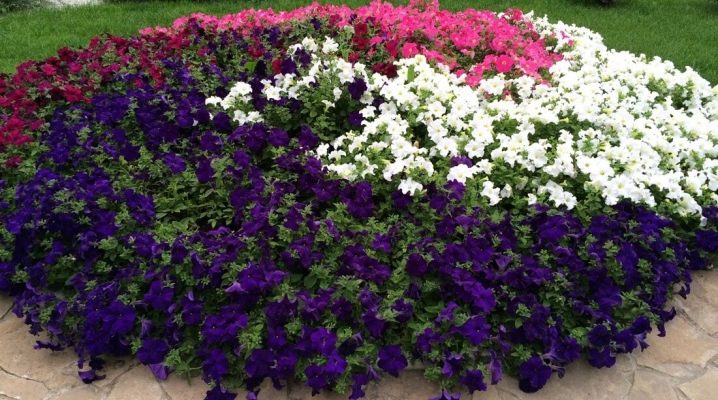
Many-flowered petunia among gardeners is considered one of the most ornamental plant species. This is due to the fact that this culture has beautiful inflorescences of various flowers, blooms for a long time and is unpretentious when grown. Often this type of petunia is used to decorate the landscape, since it has miniature flowers, and long rains are not afraid of it.
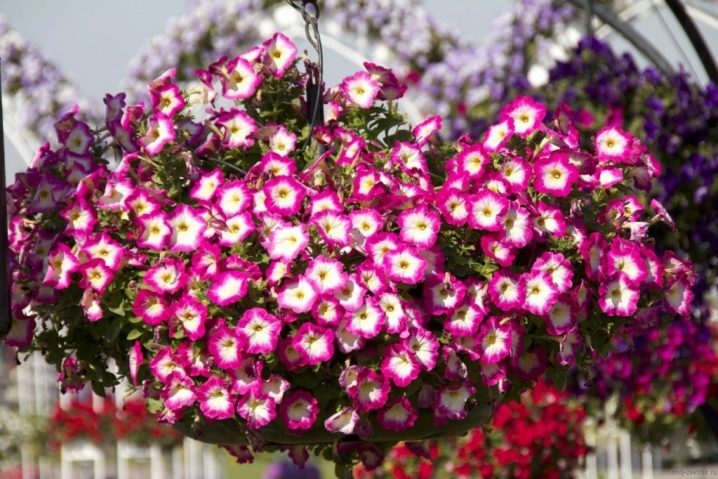
Peculiarities
The multi-flowered petunia appeared at the end of the 18th century thanks to the famous biologist Lamarck. After a while, they began to breed various varieties grown in the southern part of the United States. The main difference between plants is a large number of inflorescences. Thanks to this multiflora, flowers can be enjoyed earlier than other types of flowering plants.
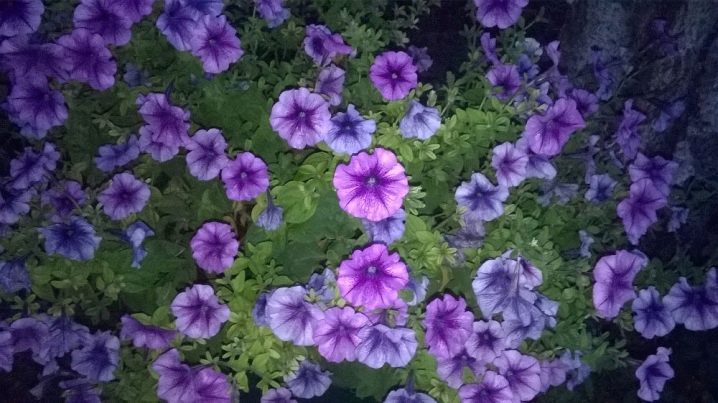
Multiflora grows low, to give a more aesthetic look, it is often cut off, giving it a rounded shape. The inflorescences of a plant can be multi-colored and monochromatic.
Varieties
Multi-flowered petunia is rich in varieties. Let's list the most common ones.
- "Glafira" - has small sizes up to 30 cm high. A distinctive feature of the variety is that it begins to bloom at the end of spring. And also to the features of "Glafira" can be attributed to the resistance to lack of water for a short time. At the same time, the appearance and color saturation does not deteriorate. Plants recover very quickly after precipitation.
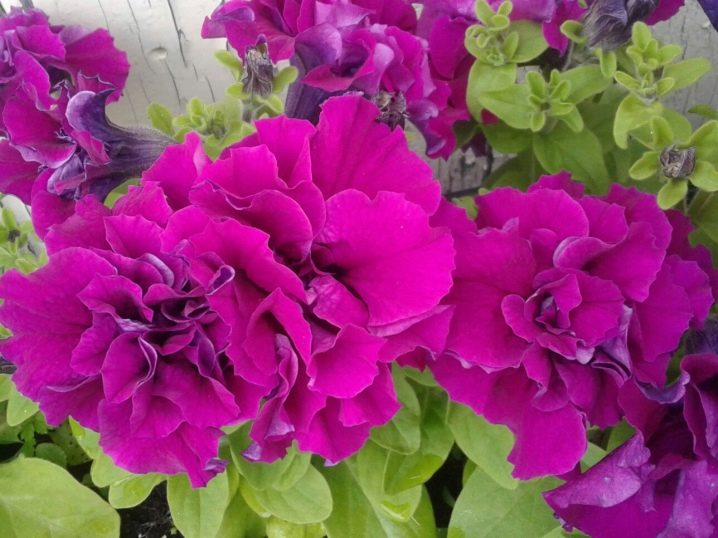
- "Mirage" - has double flowers up to 9 cm in diameter in the following colors: pink with burgundy stripes, red with dark stripes, lilac, white.
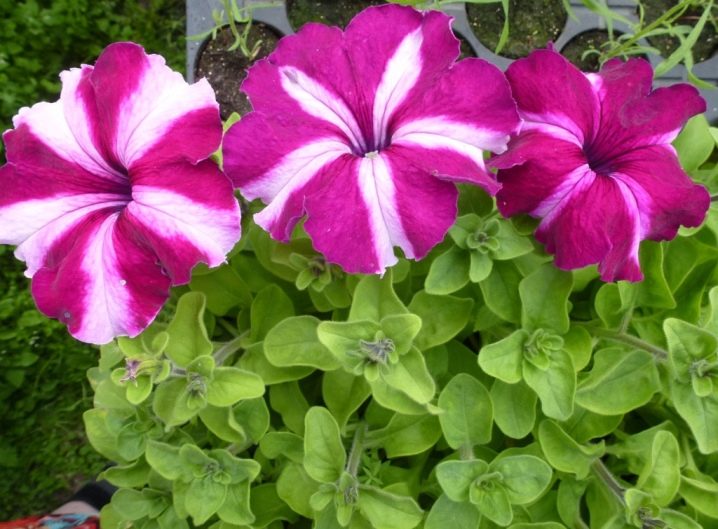
- Celebrity - belongs to the floribunda group. The variety is resistant to dry and rainy weather conditions. The inflorescences have 13 different colors. One flower can contain a mixture of three colors.
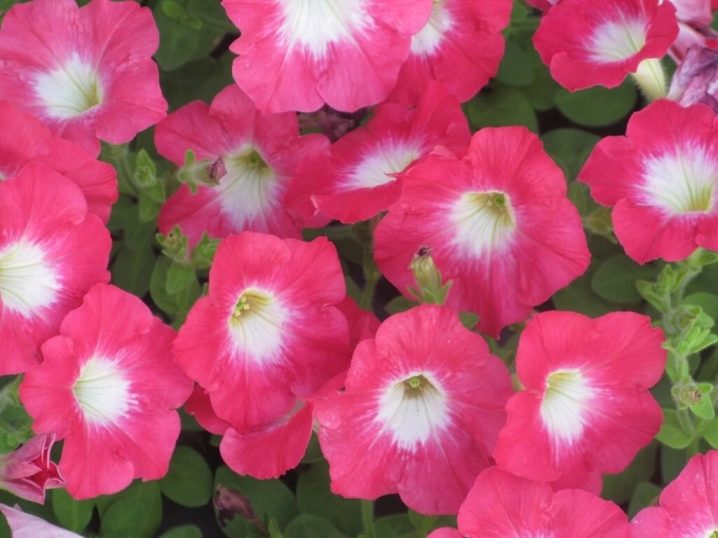
- "Pikoti corduroy" - a variety that blooms in early summer. It has small red, blue and violet flowers. They reach 8 cm in diameter.
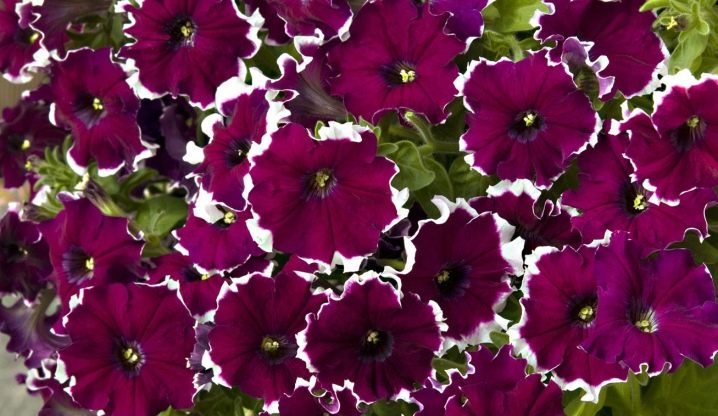
- Series "Sofia" - has 12 varieties of multiflora multiflora. These are low plants with compact flowers up to 8 cm. There is a huge variety of color solutions - from pink to blue-violet. Most often, the flowers are two-colored.
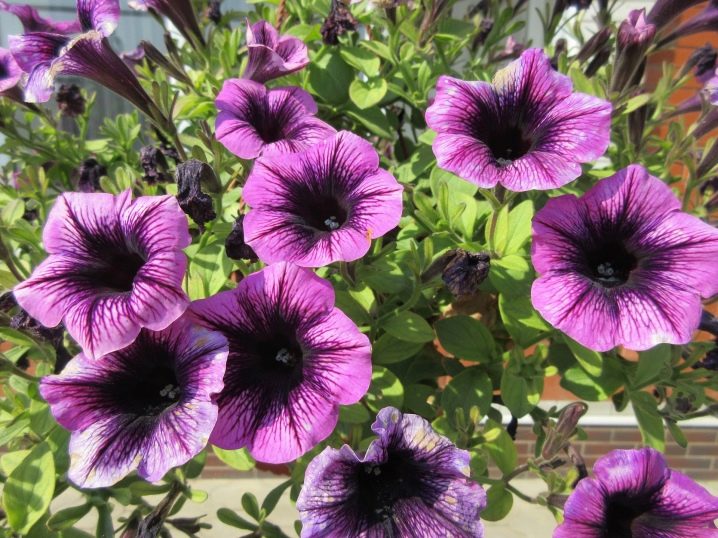
- "Princess F1" - undersized variety, blooms profusely, unpretentious in care. Indifferent to the abundance of light, fertile soil and drought tolerant.
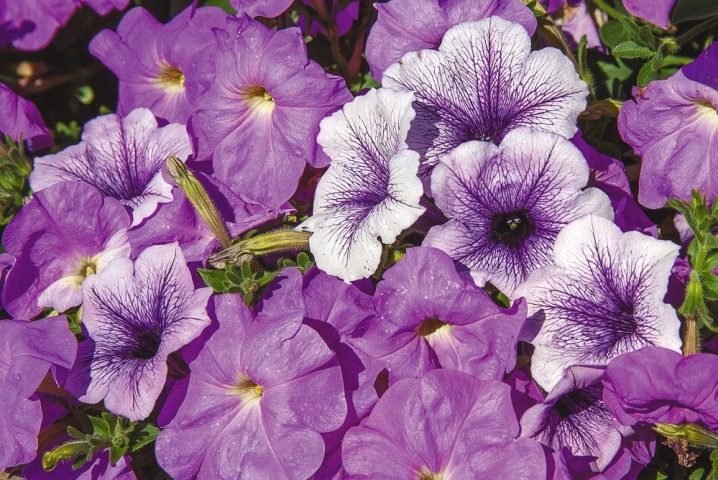
- "Pendolino" - is considered the earliest flowering petunia. In length, the bushes reach up to 1 m, flowers are small, but abundant. It can bloom until the end of autumn, as the variety has increased resistance to low temperatures.
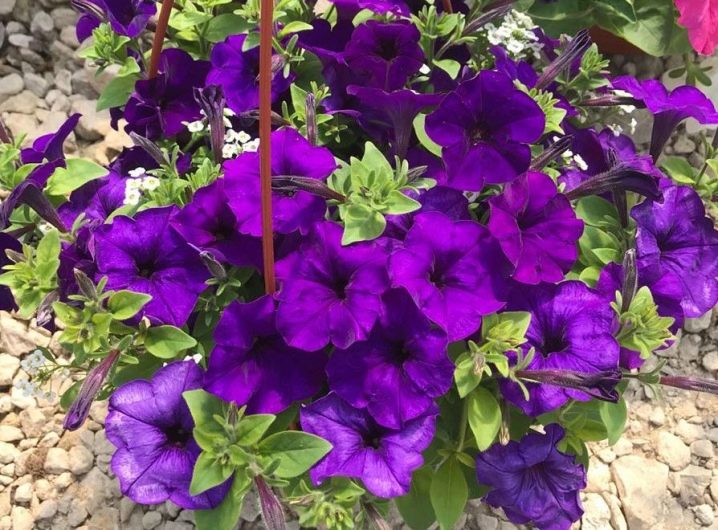
- "Vasilisa the Wise" - the variety blooms from summer to late autumn. This variety is very similar to the Lambada Red Wayne series of multi-flowered petunias. Differs in bright color and low bushes.
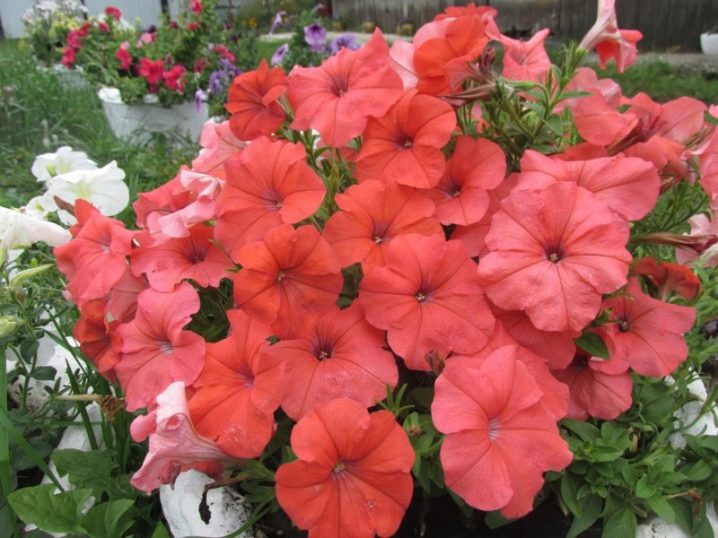
There are many varieties of multi-flowered petunias. More modern ones include Alderman, Plume Ice, Debonair Black Cherry, Burgundy Frost, Jolie, Marika, Varvara Krasa, Polaris, Colorama Mix, Snow Globe "," Merlin Blue Morne "," Mary the Craftsman "," Fire ". Among the huge variety of varieties, it is very important to choose the right one and find an approach to such plants.
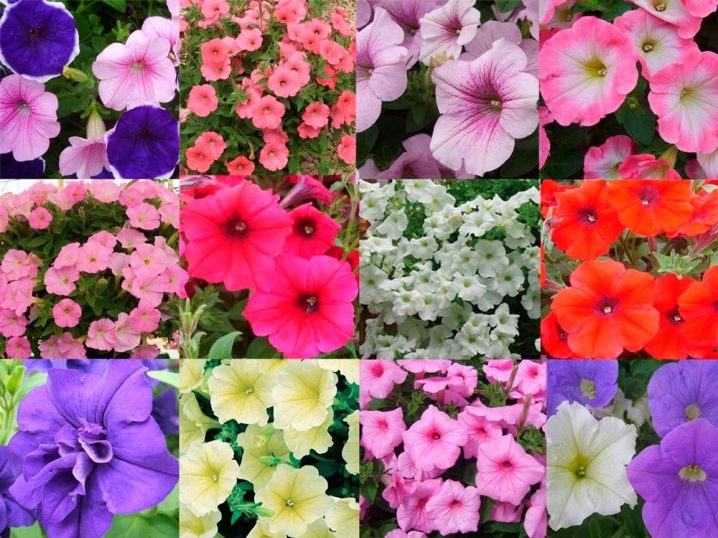
Landing
If you sow multiflower petunia seeds at the end of winter, you will need additional lighting. Therefore, for most growers, the optimal planting period is the end of March. However, even in this case, due to the short daylight hours, there is a small percentage of seed germination; therefore, it is recommended to sow seeds with a certain margin.The soil should be fairly loose and nutritious. The optimal substrate for growing seedlings is rotten humus, peat and leafy soil in a ratio of 2 to 2 or 1 to 2.
The prepared container is filled with soil, the top soil layer of about 1 cm should be sifted. The day before sowing, it is necessary to moisten the substrate abundantly, this will allow the seeds to be evenly distributed on the surface. Before sowing, the seeds are recommended to be mixed with dry sand, they are spread on the soil surface and watered with a spray bottle. After that, the container is closed from above with a transparent film.
Instead of a film, you can also use a glass lid.
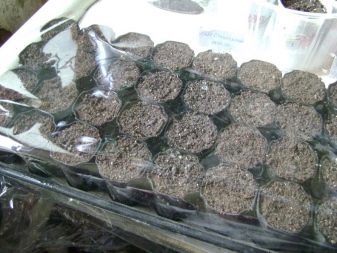
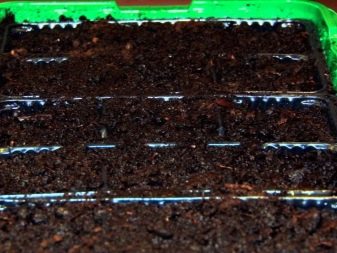
It is recommended to put the container in a warm place. After about a week, small seedlings begin to appear. Every day, 2 times they need to be ventilated and watered from a spray bottle. In order to avoid the appearance of diseases on the seedlings, it is necessary to remove the condensed water from the inside of the film.
And also it is recommended to spray the seedlings with a weak solution of potassium permanganate... The film can be removed after the appearance of the first leaf, a thin layer of soil can be applied to the substrate, and moisture can be carried out only once a day.
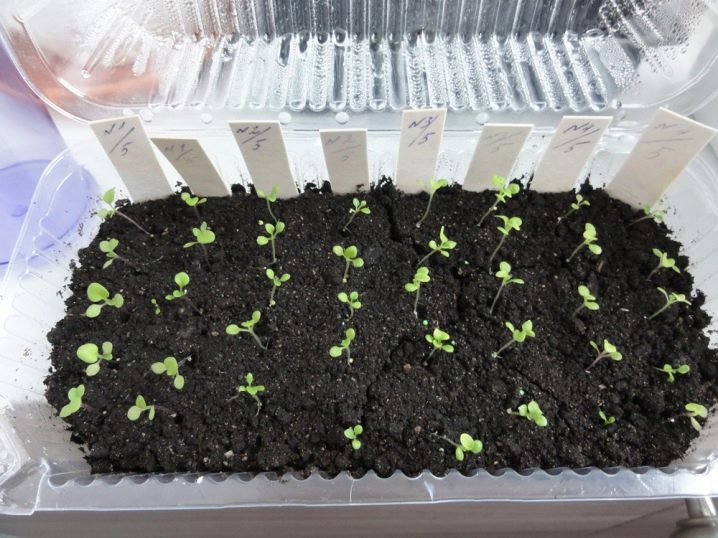
Growing
When 3-4 leaves appear on the stem, it is recommended to pick, initially moistening the soil. It is necessary to pry the plant with a thin stick and carefully pull it out of the substrate. Small plastic pots are suitable for picking. After the process, it is recommended to moisten the plants abundantly and cover them with paper leaves.
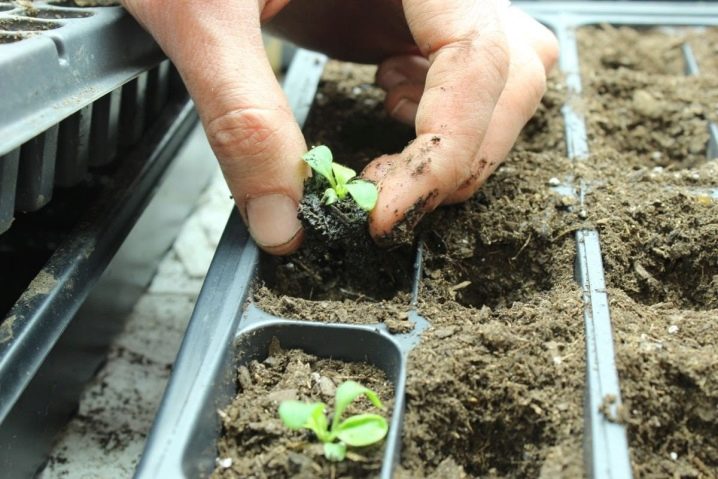
At this time, special attention should be paid to caring for the petunia. The soil should always be slightly moistened. It is difficult to say how many times it is necessary to moisten the substrate, since various factors can influence this. In some cases, it will be enough to water once a week, and in some - a couple of times a day.
A week after the pick, the plants need to be fed periodically. It is imperative to alternate root and foliar feeding methods. For this, the following means are used: "Kemira", "Solution", "Nitrofoska" and other fertilizers in a proportion of 25-35 grams per 10 liters of water.
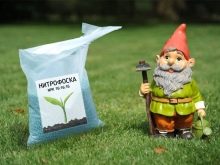

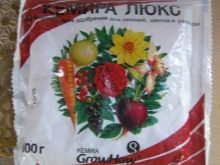
Some varieties of multiflora multiflora bloom after 2.5 months, and some only after 3 months. Before transplanting seedlings into open soil, it must be hardened. To do this, during the day, you need to take the seedlings out into the street, or put them in a cool place for several days.
Petunia grows well in fertile loamy soil, where humus was introduced in advance. It is not recommended to fertilize with manure, since in this case various fungi appear on the plants. It is necessary to plant seedlings in open ground when there is no threat of repeated frosts.
When planting seedlings during the flowering period, the plants will delight with their flowers until late autumn. It is customary to leave a distance of 30-40 cm between plants. Transplanted petunias are abundantly watered with warm water.
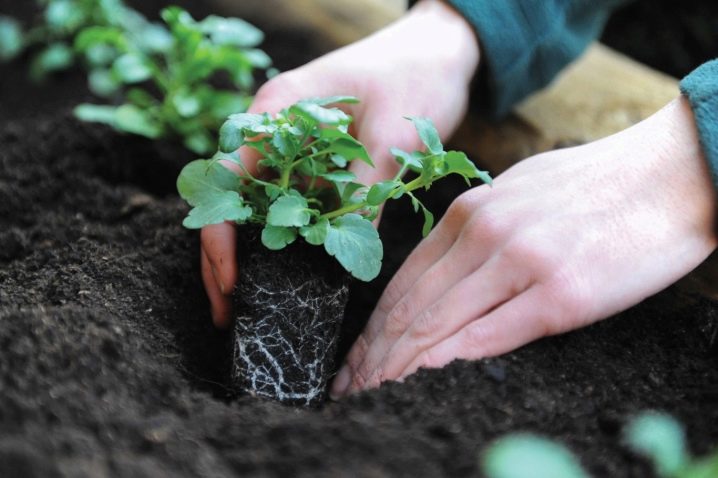
When growing flowers, it is very important to know what caring for them is.
Many varieties of petunias are most often resistant to dry weather, but they must be watered in hot weather. Large-flowered plants need more moisture than small-flowered plants. For a longer flowering of the plant, it is recommended to systematically feed with the help of complex fertilizers.
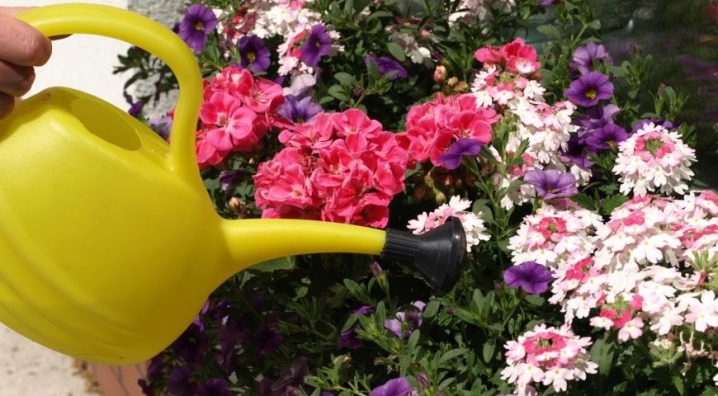
Possible problems
If you decide to grow multi-flowered petunias, you need to keep in mind that some problems may arise in the process. It is necessary to study them and precautions in advance.
- The process of transferring seedlings to open ground should not be carried out in sunny weather during the day.
- It is recommended to mulch the seedlings with peat to maintain an optimal water balance and protect them from frost.
- If you want to plant seedlings in flowerpots, the height of their sides should be no more than 5 cm. Otherwise, the plants will break in the wind.
- When growing in pots, it is necessary to make several holes on the bottom for drainage. In addition, you do not need to do anything, since the soil in the petunia pot dries quickly.
- It is necessary to feed and moisturize the seedlings only in the evening. In hot weather, burns are often formed on the leaves of the plant.
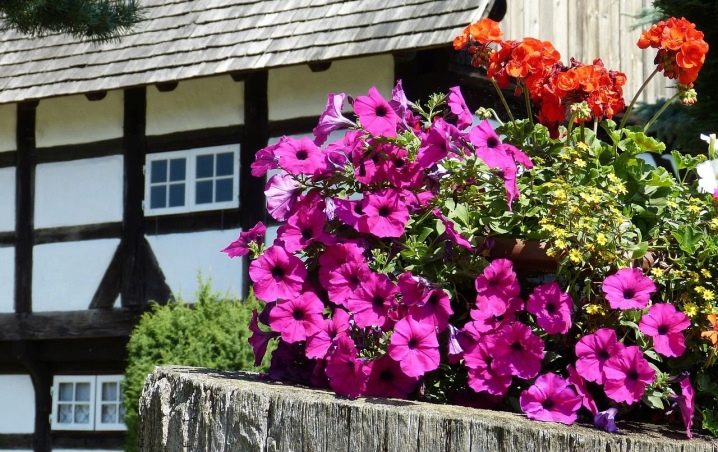
Petunia can be susceptible to fungi when grown.
Blackleg - is formed with a small distance between seedlings, a large amount of moisture and a high concentration of an acidic environment. The first sign of the onset of the disease is dark and soft stems at the root. Infected plants must be removed, including the removal of nearby soil. It is recommended to treat the infected area with fungicides.
Powdery mildew - a fungal disease resulting from waterlogging and sudden changes in temperature. The first sign of fungal infection is the formation of a gray coating on the surface of the leaves. In order to avoid the spread of the disease, it is necessary to remove the infected leaves, and the plant is treated with a sulfuric solution.
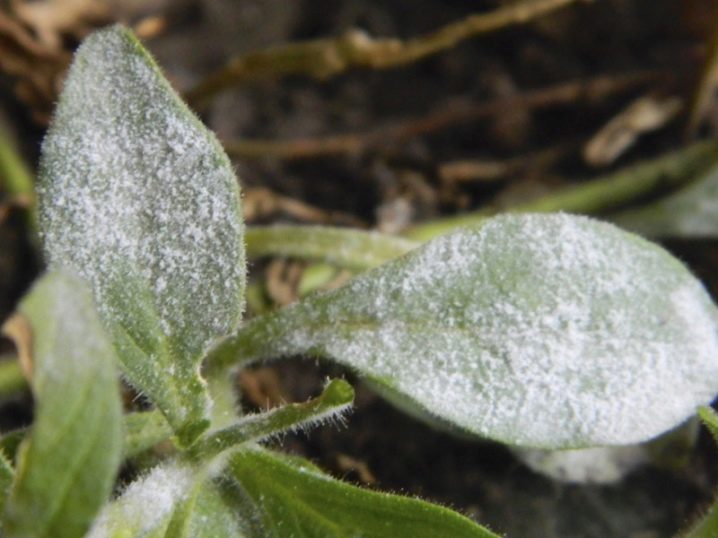
Pests that are not indifferent to petunias include slugs, waswings, spider mites and aphids. As a preventive measure, it is recommended to treat seedlings with insecticides.
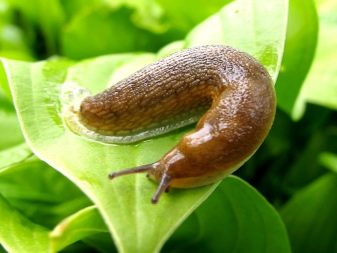
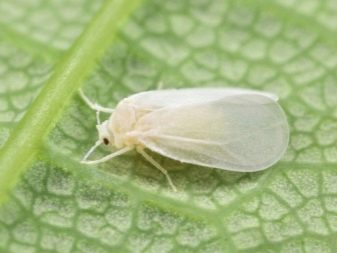
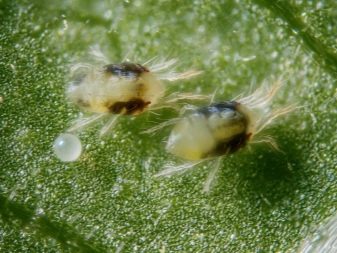
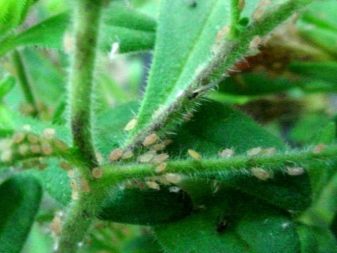
Reviews
Many gardeners choose multi-flowered petunias for growing because of their abundant flowering (most often until November) and ease of care.
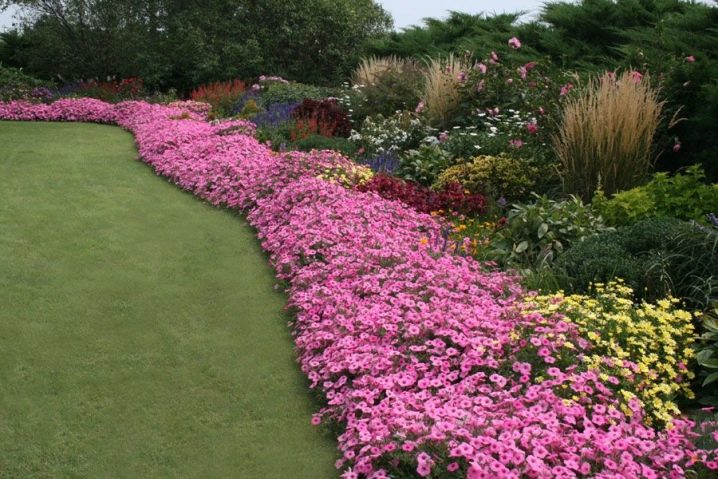
Especially loved by all two varieties of multiflora.
- "Princess F1" many like its resistance to any weather and versatility. The plant can be used to decorate the landscape, the balcony, and the lawn. Gardeners note that despite the small flowers, this is justified by abundant flowering.
- "Mirage" impresses with long flowering until the first frost and resistance to prolonged precipitation.
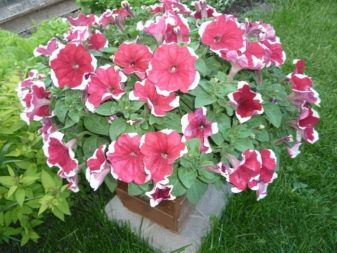
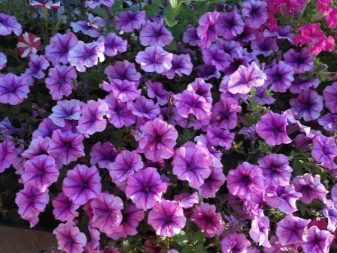
However, there are also delicate varieties among the multi-flowered petunias. They need special care, so before planting, you need to carefully read the requirements for plant care.
See below for more details.




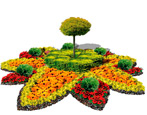
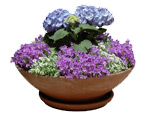
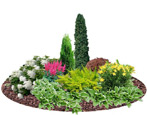
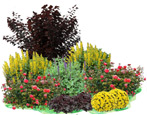


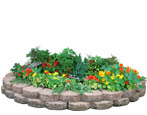
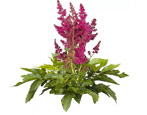

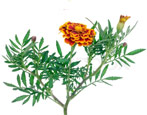
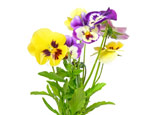

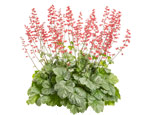

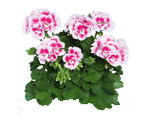
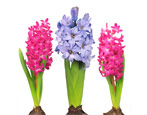


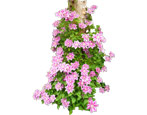
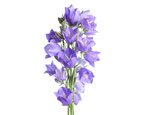
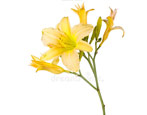
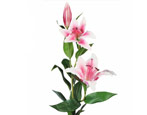
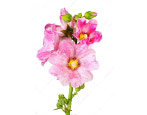


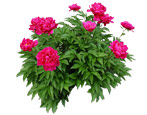
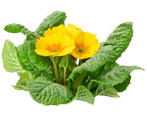
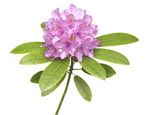


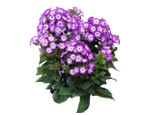
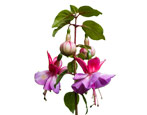
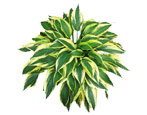
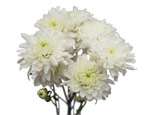
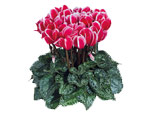
































































The comment was sent successfully.